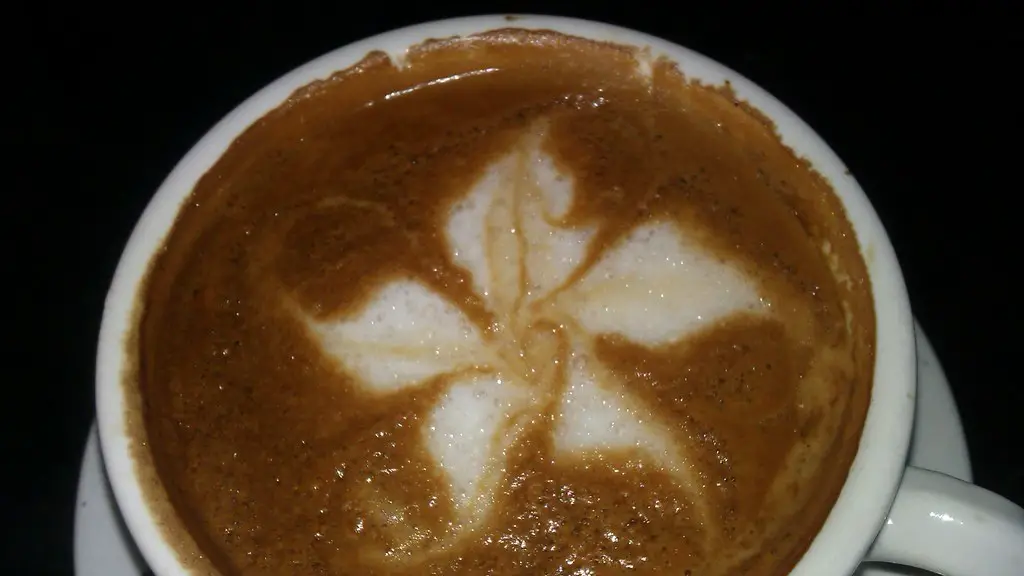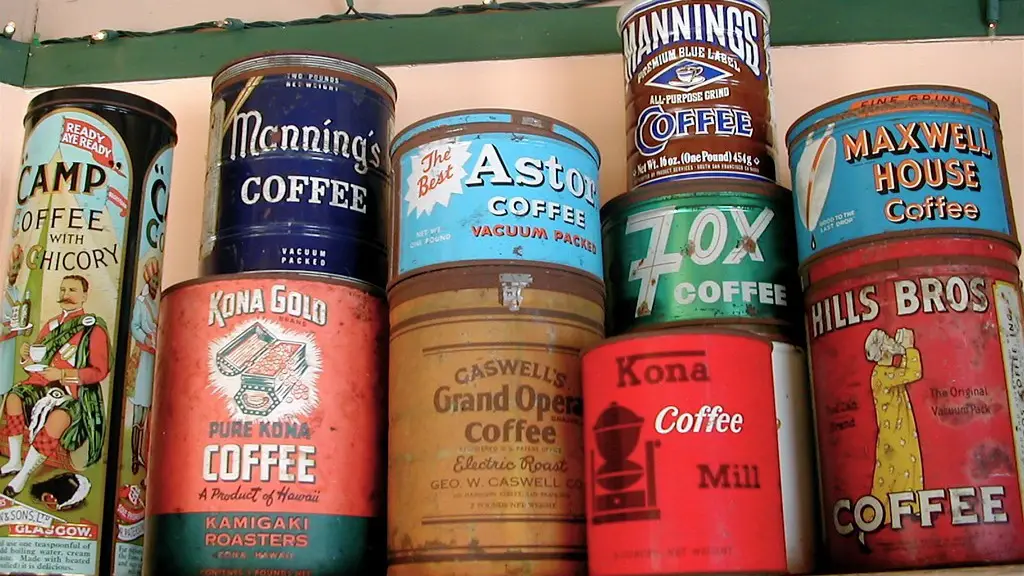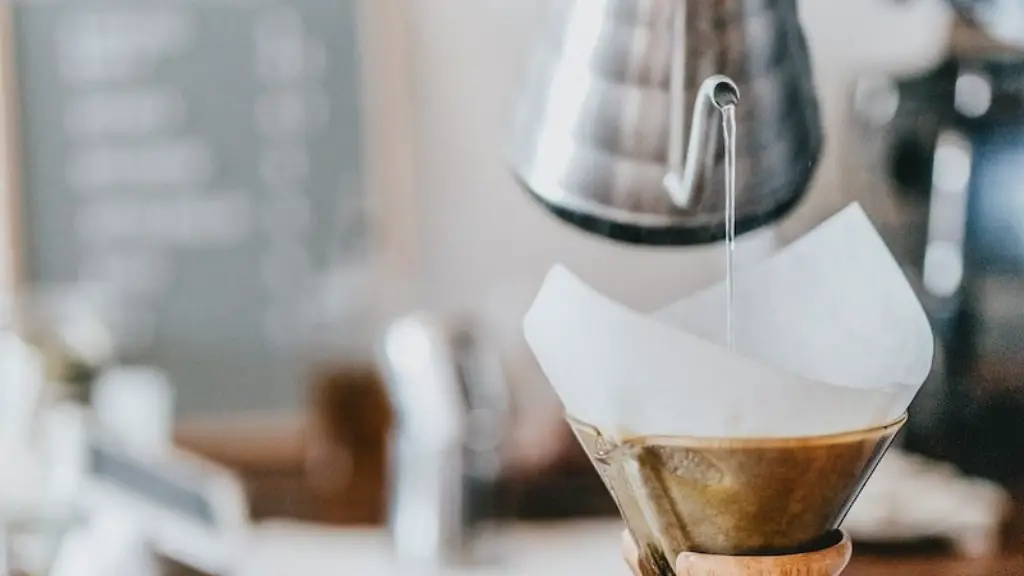Wisdom teeth are molars that are located at the furthest corners of the human mouth, and most people develop them in their late teens or early twenties. Unfortunately for many, wisdom teeth can cause problems, such as crowding of the existing teeth, infection and cyst formation. If a wisdom tooth is too large to extract, impacted or infected, a surgeon may have to remove it. Patients have to operate under general anesthetic and it is recommended that nothing is eaten or drank, including coffee, at least 8 hours beforehand.
So if someone is due to have their wisdom teeth removed, is it best to abstain from coffee until after the surgery? The answer can differ depending on the case and the decision should be made by consulting surgeons, however there are some points to consider.
Coffee is known to stimulate the nervous system and anxiety levels, not to mention increases in blood pressure and heart rate – all of which are not ideal for a patient who is about to go under general anesthetic. So if a patient is feeling anxious about the procedure, it may be best to avoid coffee prior to attending the surgery.
Caffeine is considered to be the world’s most popular stimulant, and any levels of this in the body prior to the anesthetic could cause problems in terms of pressure and heart-rate. Some anesthesiologists are cautious about administering anesthetic to someone with caffeinated products in their system
It is also worth considering the type of coffee also – certain energy drinks and strong espresso can contain a large amount of caffeine – whereas, milder types such as drip and decaf contain little in comparison. Additionally, cold brew and soluble coffees have even lower levels.
Nevertheless, the American Association of Oral and Maxillofacial Surgeons (AAOMS) have not issued an official statement on this matter, and opinions can vary. If a patient is looking to drink coffee to get through a sleepless night due to anxiety, an after-surgery energy boost, or if it simply helps to relax, it is probably best to discuss and outline a suitable plan with a surgeon.
Other Beverages
When considering beverages to drink before a wisdom teeth removal, it is worth noting that other caffeinated drinks such as soft drinks and tea can also have the same effects as coffee. Chemical stimulants (such as those present in chocolate and some vitamins supplements) can also cause problems, and again, the effects of these should be discussed with a surgeon first.
Non-caffeinated drinks can also cause problems if they contain natural flavors and preservatives such as citric acid and aspartame; as they can linger in the body and may interact with certain drugs and anesthetic.
It may be best to stick to plain and simple water before the procedure. Ice-cold water can help to soothe pain and reduce swollen gums, and if a patient is still anxious, sipping water slowly can also help to distract them.
Food
There is much debate among the medical and dental community about the consumption of food before surgery. Taking food so close to an anesthetic is generally seen as a risk and could potentially cause an emergency situation. Therefore, the AAOMS recommends avoiding food entirely before wisdom teeth removal.
For those individuals who cannot get through the day without food, it is best to avoid anything that could still be in their stomach when it is time for surgery. This means no heavy meals and no fatty foods (such as fast food and crumbed food). Bland foods which are low in fat and easy to swallow, such as toast, soup and crackers are generally safe, as long as they are consumed at least 6 hours before the surgery is scheduled.
Medication
It is always best to check with the surgeon what medications a patient should or shouldn’t take before surgery. Generally, it is best to take any prescribed medication as normal, unless advised by a medical professional.
But it may also be wise to consider changing any over-the-counter medications for something that is better suited for someone about to undergo general anesthetic. For example, ibuprofen and aspirin can cause complications with an anesthetic, and it is best to opt for paracetamol instead.
Cost
The cost of wisdom teeth removal can vary depending on several factors, which include the difficulty of the procedure, the affordability of the dental practice and the type of aftercare given.
Most procedures are covered by a patient’s health insurance provider, if they have bought coverage. Otherwise, they may be able to get it through a money saving scheme offered by their employer. Alternatively, patients may have to pay for the procedure out of their own pocket.
Pain & Healing
Any type of dental procedure is going to cause some level of pain, and wisdom teeth are no exception. Generally, a patient will feel some level of discomfort which will vary between individuals. Most patients can expect soreness around the site for several days, and also swollen and bruised cheeks.
Pain levels following the surgery can also differ between individuals, and again, it is worth discussing with a surgeon. Some pain-relieving medications can be prescribed by a doctor, or can be purchased over-the-counter depending on a patient’s age, circumstances and personal preference.
Typically, it can take up to 4 weeks for a person to fully recover. Stitches should be removed during check-ups and patients should generally avoid eating solid foods or engaging in physical activity until the area is fully healed. It is also advised that smoking and drinking alcohol should be avoided for at least 48 hours.
Oral Hygiene
Caring for the teeth and surrounding soft tissue is essential in terms of oral hygiene. Things such as brushing and flossing your teeth are important in terms of overall health and maintaining the socket where the wisdom tooth once was. This can help to avoid infection, and also prevent damage to existing teeth.
Generally, 24 hours after the surgery, a patient can begin to brush the area around the stubs. Nitrous oxide or gentle toothbrushes can also be used to help in terms of cleaning. Once the site has healed, a patient should also use an alcohol-free mouthwash to help clean and remove any debris.
Bottom Line
In many cases, wisdom tooth removal procedures are minor and do not require a long recovery period. But it is always best to speak to a surgeon before making any decisions, especially those related to food, drinks and medication. And, of course, coffee should definitely be avoided before any type of general anesthetic.





